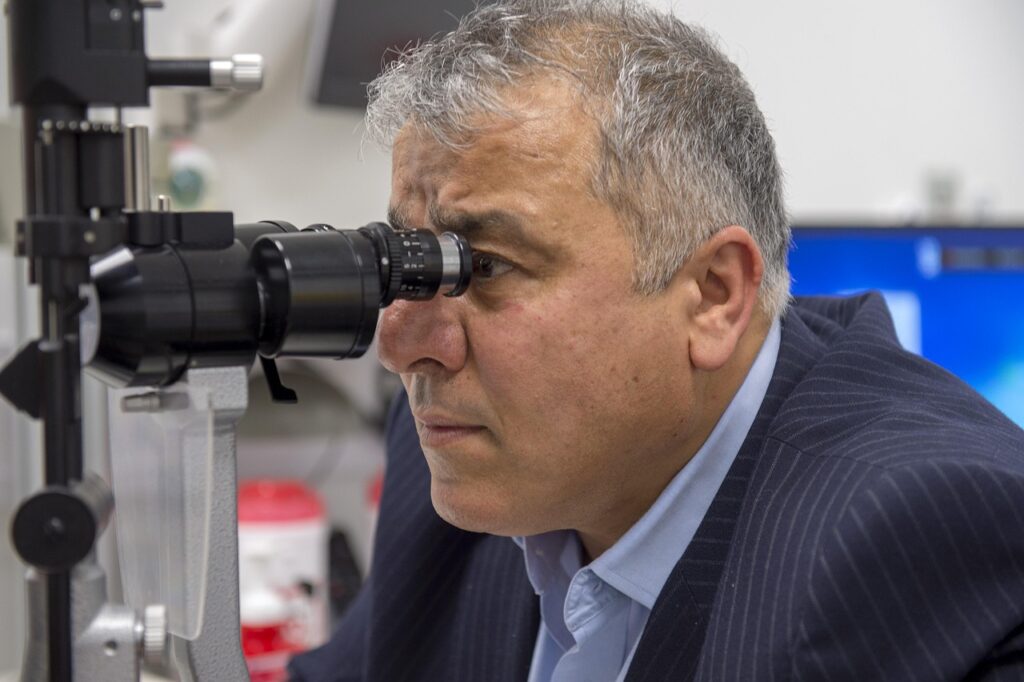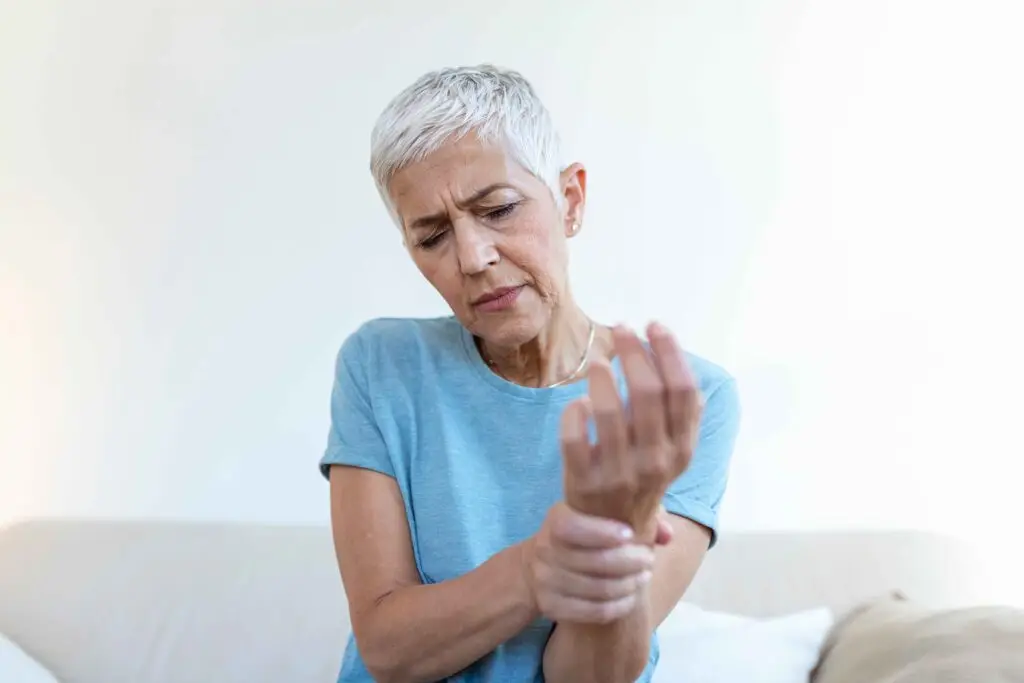Stay healthy and independent after 60! Learn which preventive health and regular checkups after 60, screenings, and vaccines you shouldn’t skip to catch problems early and age well.
Once we reach our 60s, regular health screenings and preventive checkups become increasingly important—not just for catching illnesses early, but also for maintaining independence and quality of life. If you’re over 60, staying proactive about your health can mean the difference between early treatment and more serious outcomes down the road.
In this article, we’ll walk through the essential checkups, tests, and preventive habits that seniors should prioritize—plus when and how often to get them.
Why Preventive Health and Regular Checkups After 60
Preventive care isn’t just about spotting problems—it’s about preventive health and regular checkups after 60 them from happening in the first place. Seniors who stay on top of their medical appointments are more likely to:
- Detect chronic conditions early (like high blood pressure, diabetes, or cancer)
- Keep vaccines up to date to prevent illness
- Catch vision or hearing loss before it affects safety or independence
- Monitor mental health and cognitive changes
- Stay informed about age-specific health risks
As the saying goes: An ounce of prevention is worth a pound of cure.
Essential Screenings and How Often You Need Them
Here’s a breakdown of the most important screenings for seniors and when to have them:
✅ Blood Pressure Screening
- Frequency: At least once a year (more if you have high blood pressure or heart risk)
- Why it matters: High blood pressure often has no symptoms, yet it’s a major risk for heart attacks, stroke, and kidney damage.
✅ Cholesterol Test
- Frequency: Every 4–6 years, or more often if you’re at risk
- Why it matters: Helps assess your risk for heart disease.
✅ Colorectal Cancer Screening
- Frequency: Every 10 years (colonoscopy) or as recommended
- Why it matters: Early detection of colon cancer is highly treatable.
✅ Bone Density Test (DEXA scan)
- Frequency: At least once after 65 for women; 70 for men—or sooner if you have risk factors
- Why it matters: Screens for osteoporosis and fracture risk.
✅ Diabetes Screening
- Frequency: Every 3 years (or annually if overweight or at risk)
- Why it matters: Helps catch diabetes or prediabetes early.
✅ Vision and Eye Exams
- Frequency: Every 1–2 years
- Why it matters: Detects cataracts, glaucoma, macular degeneration.
✅ Hearing Test
- Frequency: Every 1–3 years
- Why it matters: Hearing loss is common but treatable; untreated, it can increase risk of isolation and cognitive decline.
✅ Skin Cancer Screening
- Frequency: Annually or as advised
- Why it matters: Skin cancers are often curable if caught early.
✅ Cognitive and Mental Health Screening
- Frequency: As part of your annual wellness visit
- Why it matters: Early detection of memory loss or depression helps improve quality of life and care planning.
Don’t Skip These Vaccines
Vaccinations become even more important after 60. Here are key ones to ask your doctor about:
- Flu Shot – yearly
- COVID-19 Boosters – stay up to date
- Shingles Vaccine – recommended at age 50+ (Shingrix)
- Pneumonia Vaccine – usually at 65+
- Tdap (Tetanus, Diphtheria, Pertussis) – every 10 years
Staying current with vaccines can reduce your risk of severe illness and hospitalization.
What to Expect at an Annual Wellness Visit
Your Medicare-covered Annual Wellness Visit is a great way to stay on top of preventive health and regular checkups after 60. During this visit, your provider may:
- Review your medical and family history
- Check your weight, blood pressure, and BMI
- Assess risk factors and update screenings
- Talk about safety, fall risks, and lifestyle habits
- Perform cognitive and mood assessments
- Create a personalized prevention plan
This visit is not the same as a physical, but it’s a key part of preventive care.
Building a Preventive Care Routine
Here are practical ways to stay on top of your health:
- Keep a health checklist with all your upcoming screenings and appointments
- Use a calendar reminder (paper or digital) for annual and biannual exams
- Bring a list of medications and questions to each doctor’s visit
- Encourage open communication with your healthcare team
- Follow up promptly on abnormal test results
View This Article:
“Staying Healthy Over 60: The Ultimate Guide to Physical and Mental Wellness”
👉This article dives into why staying on top of regular checkups and preventive care can make all the difference in how you feel day to day after 60.
Final Thoughts
Aging doesn’t mean giving up control over your health. In fact, it’s the opposite—being proactive becomes your greatest tool. preventive health and regular checkups after 60, screenings, and simple conversations with your doctor can keep you healthier, safer, and more independent in your 60s and beyond.
Your health is your most valuable investment—treat it like it.





